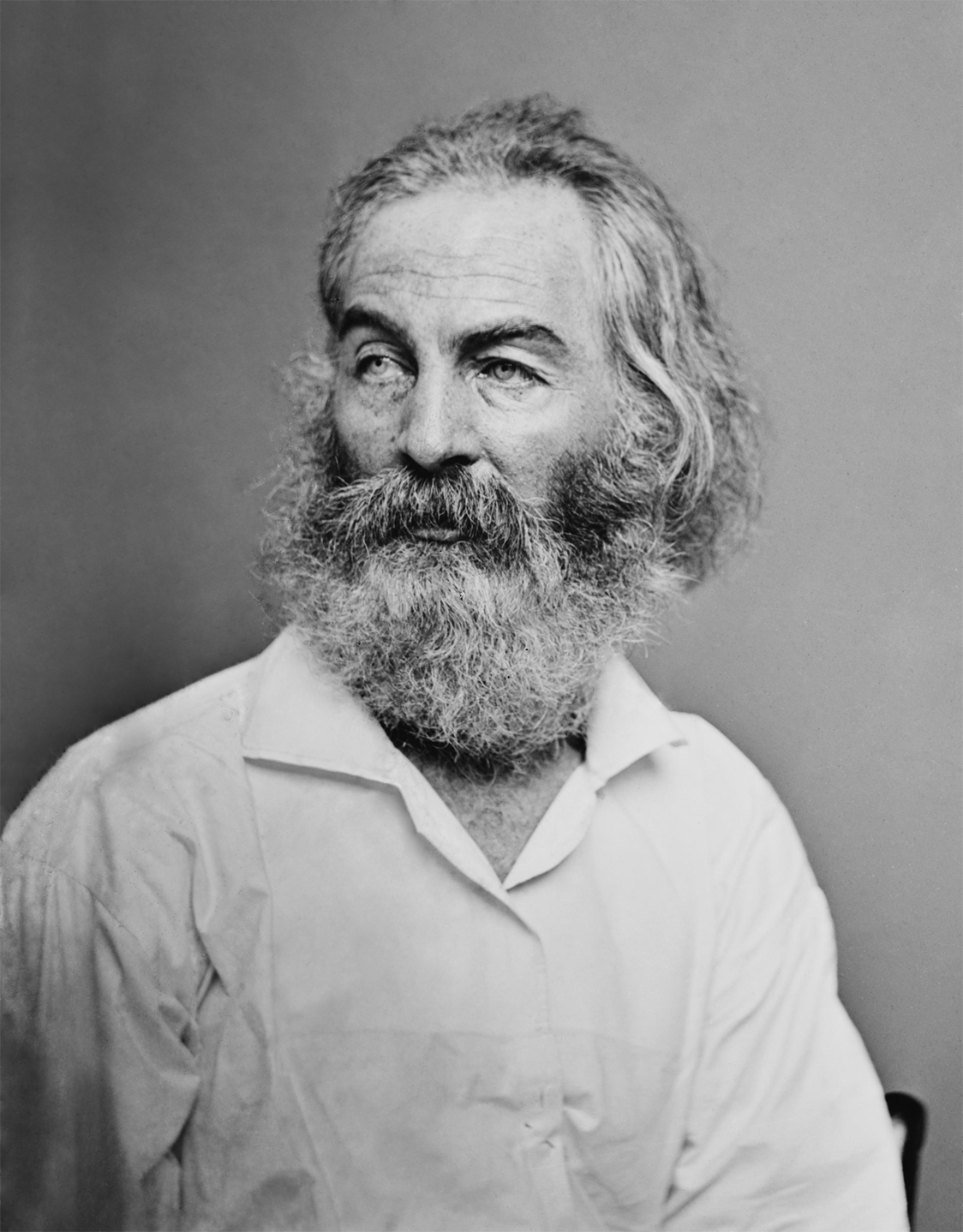Robin Williams
Reflection
August, 2014
I've been absent from the blogosphere this summer. It seems to be something of a perpetual truth in my life that when I finally have time to write, I do something else.
The school year has just begun with me not knowing quite where the summer went. In July we traveled, and I had training, but I have no clue where June went. I don't feel like I've been teaching for a year already. That was it? One and counting? I'll be getting to five and then ten by next week it seems. A year feels like too small an increment. Did I really learn that much? Am I a whole year better at what I do? I'm not so sure
A new group of students sits before me, my chances with the last group having come and gone. The world moves so fast sometimes, yet nothing seems to change. We aren't any closer to winning the war on poverty, or to real education reform, or to a two state solution in Palestine. Money still rules our political system, and people still eat enough fast food to ruin their bodies and destroy the planet at the same time. And, in the midst of it all, Robin Williams left us.
I've been dwelling on my reaction to his death, trying to figure out why it affected me the way it did. I had never met the man, and I really have no idea who he was. I knew his characters, his roles, his comedy, but he was no close friend. Yet his death was so unbelievable to me. I felt empty, morose. Even now, weeks later, I still can't quite comes to terms with it
Why does sadness seems so persistent and happiness so fleeting?

Robin Williams as Mr. Keating in Dead Poets Society
Out of all of the movies and roles he played that I love, Dead Poets Society stands out. It can be hokey at times, and there are plenty of things wrong with it from a critical point of view (e.g. Only the rich, white, private school children who are destined for Yale and Harvard have the opportunity to indulge in the carefree life of the romantic poet. No one in the film has to come home from school and go to work in order to help pay the bills. No one is living with his aunt because his dad is in prison. A material reality and security must be in place before people have the luxury of an examined life.) But Dead Poet's ignited my love of poetry, words, and teaching. As a young man, I always wanted to grow up to be Mr. Keating, to teach others to suck the marrow out of life. This was a way, I thought, to help save the world, to fight the establishment, to teach others to think for themselves, to stand against tradition when it becomes sedentary. I might get cut down, but my students would stand on their desks, and the world would be a better place.

Walt Whitman
As evinced by my parenthetical critique of the film in the last paragraph, I'm a little more sober now. The world's problems are too complicated, too deep for poetry to solve. Few among us have the opportunity to follow our dreams. Dreams are expensive, and most of the world doesn't have the time or the money. I've always wanted to teach, only the what and the whom have changed over the years. And at the beginning of this new year, I am reminded of one scene in Dead Poet's that still makes me stop and think. Mr. Keating recites lines from "O Me! O Life!" by Uncle Walt:
Over 120 years have passed since Whitman wrote those words. How much bigger are the cities filled with the foolish; how many times has the struggle been renewed? Have we progressed? Our sense of community has been eroded by hyper-individualism and superficial communication, wealth inequality has increased, our Western lifestyle is both unsustainable and built on the backs of the cheapest, unregulated labor money can buy. What good amid these, O me, O life?
And what if contributing a verse isn't enough? What if the powerful play is rigged?
At the end of these trains of thought, I often find that my only respite is the shade of Wendell Berry's sequoia, that crop which I did not plant and will not be here to reap. Perhaps what Whitman meant is not that contributing a verse is enough, but that it's all we can hope to do. And, while it might be small, even inconsequential, I would argue it's still a good. This one student will leave my classroom a different person, a better person. Perhaps she'll pay it forward, and the crop will grow.
Watching Williams' films will never be the same, leaving more of tinge of sorrow than of joy, but I will always love his characters, and they are more of a part of me than I realized. I think many in my generation could say the same.
Thank you for sharing your verse with us Mr. Williams. It pains me to know how much you must have been hurting, how lonely you must have felt. To give the world so much joy and laughter while your own mind has caged you in depression must have been unbearable. I came of age in your classroom, sitting by you on that bench in Boston, and singing with you down the streets of Arabia. It's not your fault, and you will always be my captain.